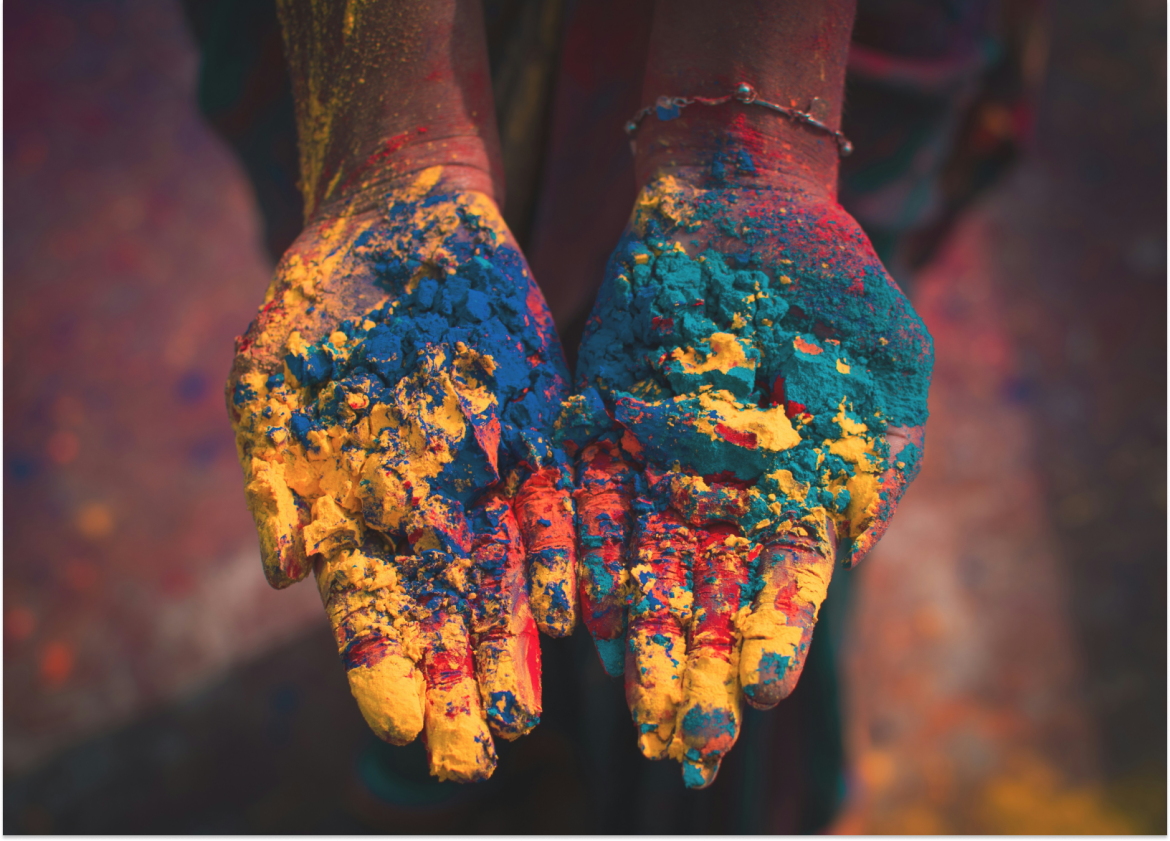4. European Cultures
Europe has been a crucible of cultural exchange and innovation for millennia, giving rise to a rich tapestry of languages, art forms, and traditions. From the Renaissance art of Italy to the folk music of Ireland and the culinary delights of France, European cultures are steeped in history and tradition. European societies have shaped the course of world history through exploration, colonization, and trade, leaving a lasting legacy on global culture and identity.
5. Indigenous Peoples of the Americas
The Americas are home to a diverse array of Indigenous cultures, each with its own unique languages, customs, and spiritual beliefs. From the Navajo rug weavers of the American Southwest to the Amazonian shamans of Brazil and the Inuit hunters of the Arctic, Indigenous peoples have adapted to diverse ecosystems and landscapes, developing rich and complex cultures that are intimately connected to their environments. Despite centuries of colonization and marginalization, Indigenous cultures continue to thrive and assert their rights to land, sovereignty, and cultural autonomy.
6. Oceania Cultures
The islands of Oceania are home to some of the world’s most ancient and distinctive cultures, shaped by millennia of isolation and adaptation to island environments. From the intricate wood carvings of the Maori of New Zealand to the seafaring traditions of the Pacific Islanders and the storytelling traditions of the Aboriginal peoples of Australia, Oceania cultures are characterized by a deep reverence for the land and sea, as well as a strong sense of community and identity.
Conclusion
Cultural diversity is a source of strength, resilience, and creativity for humanity, enriching our lives and expanding our horizons. By celebrating and preserving the cultural traditions and customs of different peoples around the world, we honor the richness and complexity of human experience and reaffirm our shared humanity. In an increasingly interconnected world, embracing cultural diversity is not only a matter of respect and tolerance but also a pathway to peace, understanding, and mutual cooperation. As we explore the myriad cultures that make up our world, let us embrace the beauty of diversity and work together to build a more inclusive and harmonious global community.

